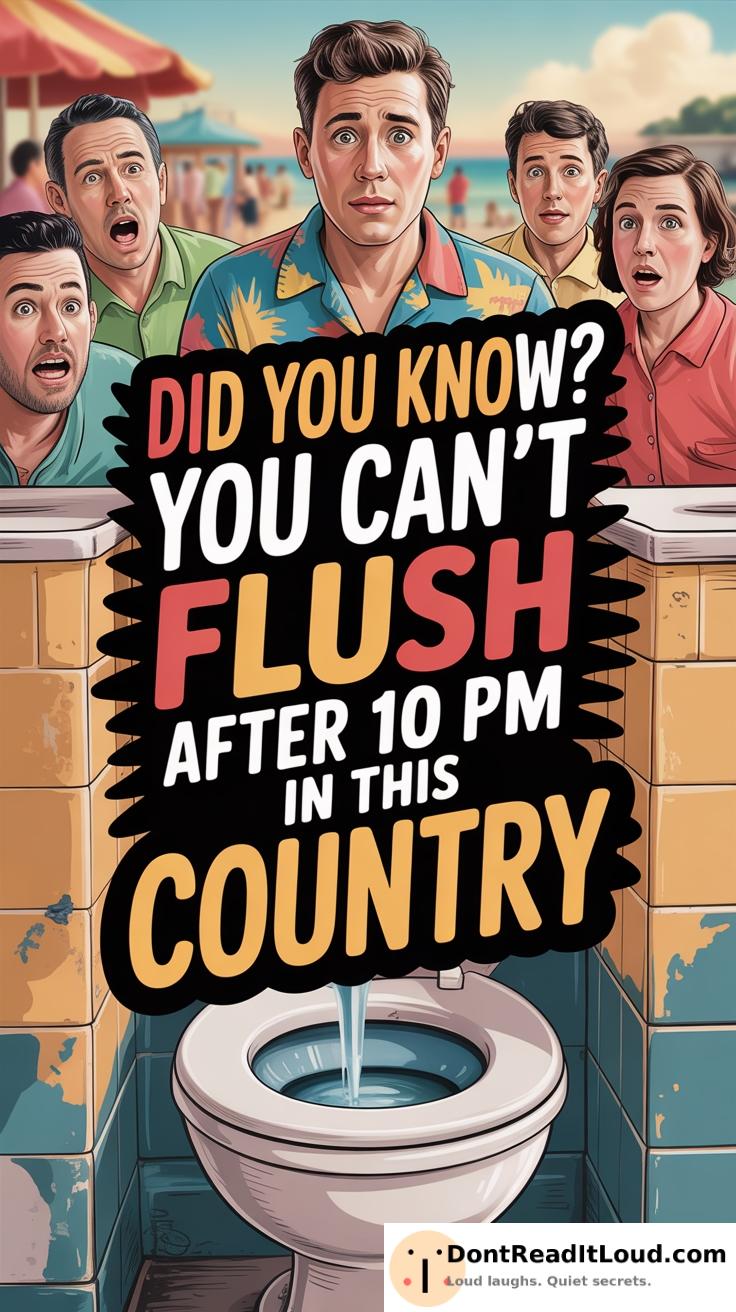
In Switzerland, some apartment buildings have rules against flushing toilets after 10 PM. This unusual regulation highlights Swiss values of social harmony, environmental care, and respect for neighbors. In close communities, these rules help ensure peace, quiet, and sustainability. Breaking them can result in fines, showing Switzerland’s dedication to community well-being. Want to know how this impacts Swiss life and might inspire other countries? Explore more intriguing details below.
The Origin of This Law
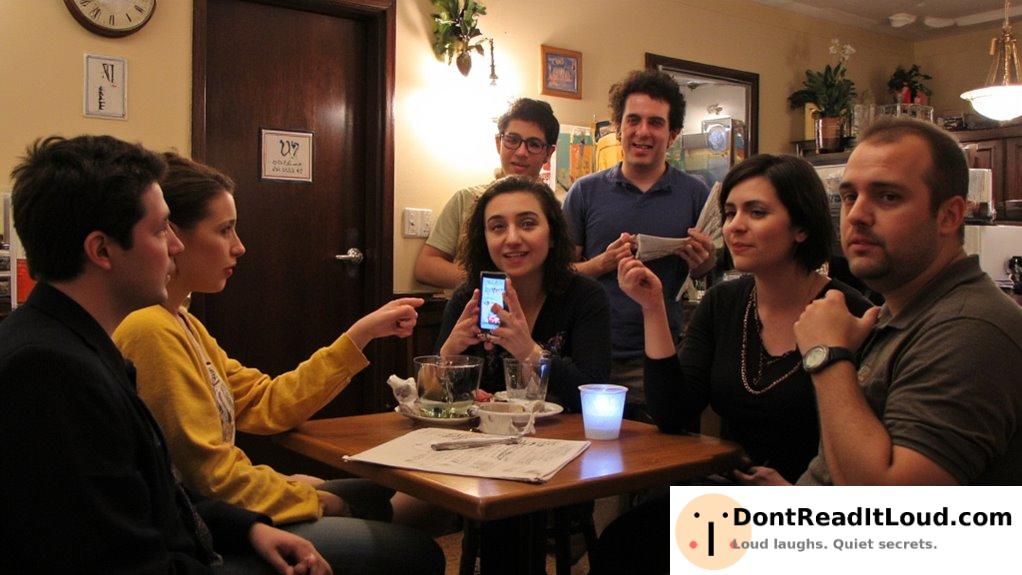
The law restricting toilet flushing after 10 PM originated in Switzerland and is mainly applied in apartment buildings and multi-family residences. Switzerland values social harmony and privacy, making nighttime peace a cultural priority.
The tradition of “Nachtruhe,” or night quiet, encourages residents to keep noise to a minimum during late hours. This regulation arose after World War II, when urbanization led to more people living in close proximity, making noise issues more noticeable.
Many Swiss buildings have shared walls and limited soundproofing, so even small sounds like flushing toilets can disturb neighbors. Environmental considerations also influenced the rule, as less frequent nighttime flushing supports water conservation efforts.
The law’s enforcement varies by region and depends on local ordinances and building codes. Overall, the regulation reflects Switzerland’s emphasis on community well-being, respect for neighbors, and sustainable living.
Why This Law Exists
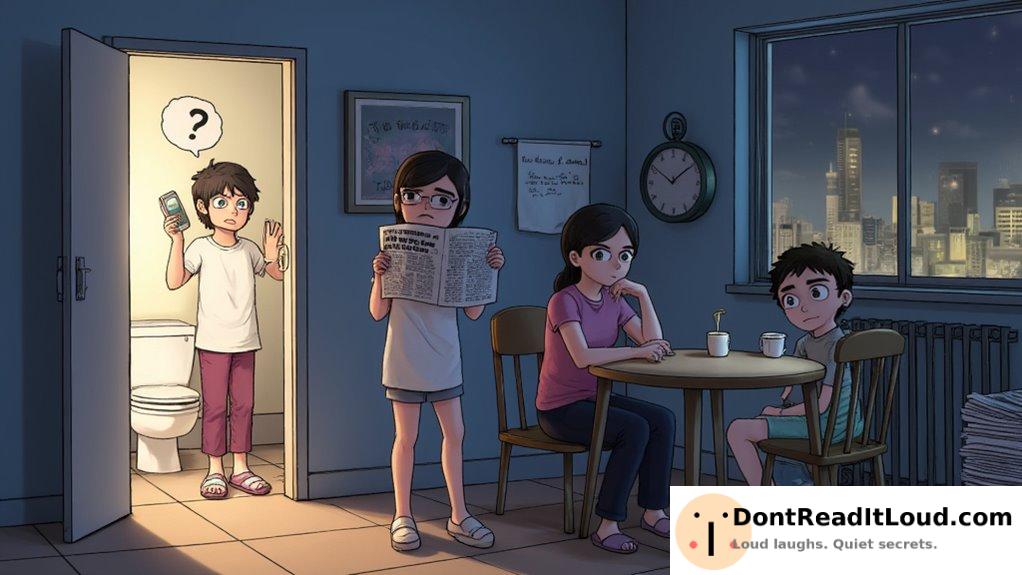
The law restricting toilet flushing after 10 PM in certain countries or regions is rooted in a mix of practical, cultural, and historical reasons. To understand why this law persists, several important factors should be considered:
- Noise Pollution Reduction: A main reason for this law is to reduce nighttime noise in densely populated areas. In buildings with thin walls, flushing toilets can disturb neighbors’ sleep. Limiting flushing late at night helps keep residential areas quieter and more comfortable for everyone.
- Water Conservation: In some regions, saving water is crucial, and restricting flushing at night can help lower water usage. Even with modern plumbing, the rule encourages people to use water more thoughtfully.
- Cultural Preservation: In places where respect for neighbors and community harmony is valued, such laws reflect local traditions. Preserving quiet at night helps maintain peaceful relations among residents.
- Historical Context: The rule dates back to times when plumbing was noisy and soundproofing was poor. Enforcing quiet hours helped people sleep better in crowded living spaces.
- Political Considerations: For policymakers, keeping this law can show they care about residents’ comfort and urban quality of life. Even if technology has improved, the law may remain because of tradition or community expectations.
How This Law Reflects it’s Culture?
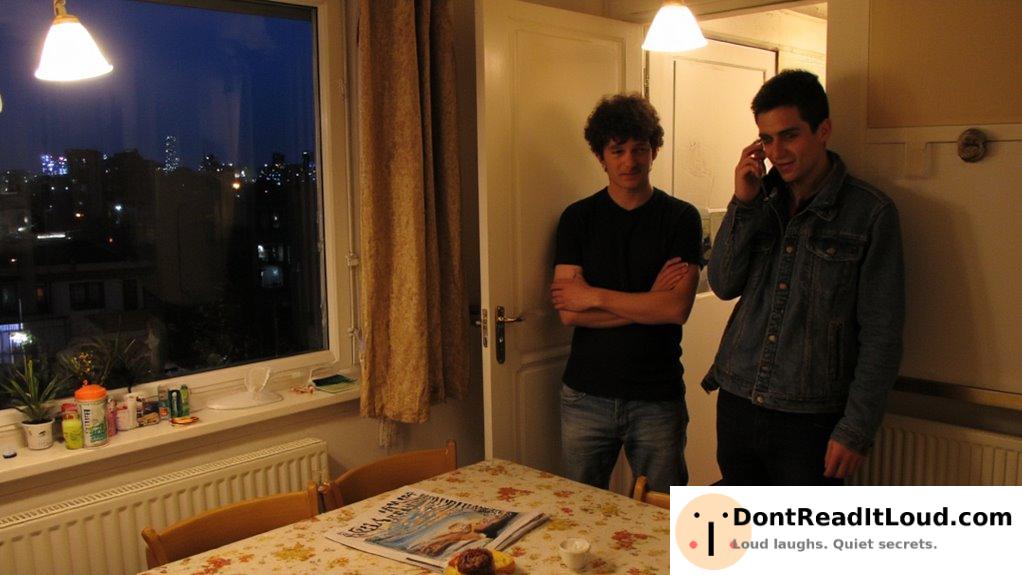
In some countries, laws limit toilet flushing after 10 PM to reduce noise and preserve peace in crowded neighborhoods. This reflects several cultural values.
- Respect for Community: Such laws highlight the importance of being considerate to neighbors. In densely populated areas, minimizing disturbances helps maintain good relationships and a sense of mutual respect.
- Emphasis on Quiet Hours: Many societies value quiet during nighttime. Enforcing silence after 10 PM supports the idea that restful sleep is vital for everyone’s well-being.
- Environmental Awareness: Sometimes, these rules are linked to conserving water. Limiting flushing at night can show a commitment to sustainability and careful resource use.
- Adherence to Rules and Order: In cultures with a strong respect for regulations, people are more likely to follow such laws. These rules reflect the belief that order benefits the whole community.
What Happens If You Break This Law?
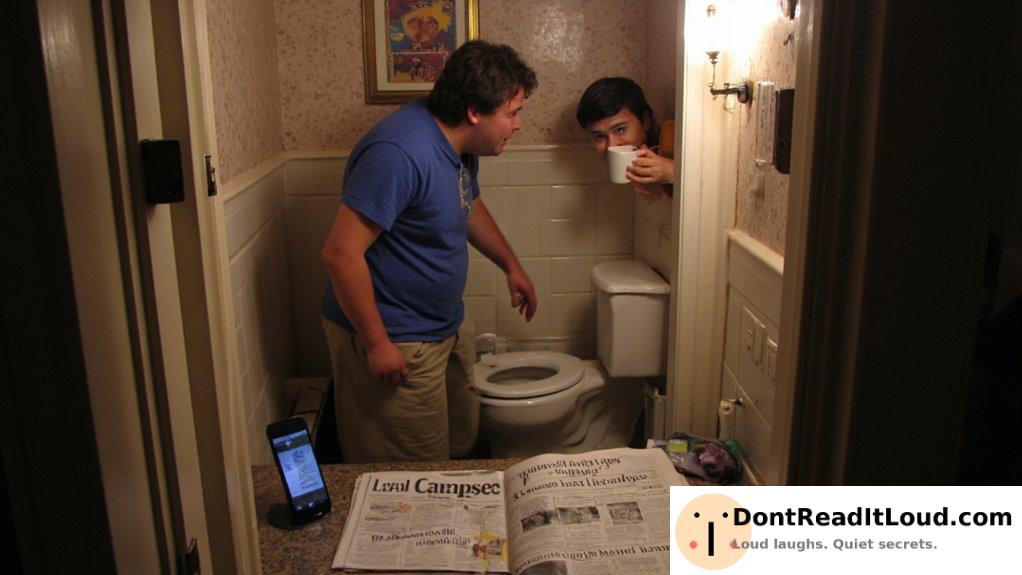
In Country, breaking the law regarding flush restrictions after 10 PM can result in several legal and social consequences. The regulation aims to save water and limit nighttime noise in crowded neighborhoods and is actively enforced by local officials.
Here’s what may happen if you violate this rule:
- Fines: Offenders may face monetary penalties. First-time violations often lead to a warning or a small fine, while repeat offenses can incur higher penalties.
- Legal Consequences: Habitual violators could encounter legal action, such as being summoned to court or receiving a record for minor civil offenses. The response depends on how the local government handles enforcement.
- Public Reaction: Community response varies. In places where water and quiet are priorities, neighbors might strongly disapprove and report violations. In other areas, some residents may sympathize with those who break the rule.
- Community Service: Some regions may require violators to complete community service, often involving projects that support environmental protection or noise control efforts.
Could Other Countries Learn from This Law?
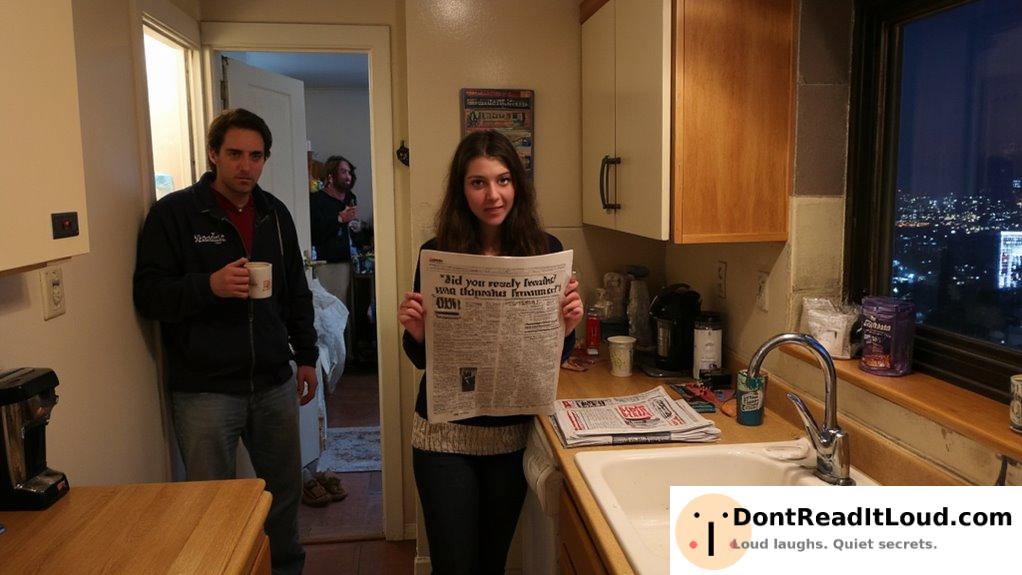
In Country, the implementation of flush restrictions after 10 PM is a unique approach to addressing issues related to water conservation and noise pollution. This law mandates that residents minimize toilet flushing during late hours to conserve water and reduce noise disturbances in densely populated urban areas.
Let’s explore how other countries handle similar situations and whether they could learn from this law or if it’s too unique to be applicable elsewhere.
Comparison with Other Countries:
- Water Conservation Efforts:
- Many countries, especially those facing severe water scarcity, have implemented various water conservation measures. For example, Australia has strict water usage regulations, including restrictions on garden watering and car washing during droughts. Similarly, California in the United States has introduced water-saving initiatives, such as rebates for water-efficient appliances.
- However, specific restrictions on toilet flushing are relatively uncommon globally. Most countries focus on broader water-saving strategies rather than targeting individual household behaviors like nighttime flushing.
- Noise Pollution Regulations:
- In densely populated cities worldwide, noise pollution is a significant concern. Countries like Japan and Germany have stringent noise control laws, including quiet hours during the night to prevent disturbances. These regulations often apply to construction, transportation, and community noise but rarely extend to household activities like toilet flushing.
- The unique aspect of Country’s law is its specific targeting of toilet flushing as a source of noise pollution, which is an uncommon focus for noise regulations.
Can Other Countries Learn from This Law?
- Water Conservation Potential:
- Countries facing severe water shortages could explore the idea of targeted restrictions on water usage during specific times, similar to Country’s approach. While nighttime toilet flushing mightn’t seem significant, cumulatively, it could contribute to water savings, especially in high-density areas.
- However, the effectiveness of such a law would depend on public acceptance and the feasibility of enforcement. Educating citizens on water conservation’s importance might be a more practical approach in many regions.
- Noise Pollution Management:
- For countries dealing with urban noise pollution, this law offers an innovative perspective on tackling noise from less obvious sources. While it may not be directly applicable, it highlights the importance of considering all potential noise contributors in urban planning and regulation.
- The cultural acceptance of such regulations would vary, and it might be more effective to focus on broader noise management strategies rather than specific household activities.
Conclusion:
Country’s flush restrictions after 10 PM present a novel approach to addressing water conservation and noise pollution simultaneously. While the law is unique, it offers insights into alternative strategies for managing these issues.
Other countries could potentially learn from the principle behind the law—targeting specific behaviors for conservation and noise reduction—while adapting the approach to their cultural and environmental contexts. Nonetheless, the law’s uniqueness means its direct application might be limited, requiring careful consideration of local needs and public acceptance.
Conclusion: What Makes this Law So Unique
The law restricting toilet flushing after 10 PM in some Swiss areas highlights the country’s dedication to preserving peace and quiet in residential neighborhoods. This regulation is both strict and culturally significant, reflecting the Swiss tradition of valuing community harmony and mutual respect.
It stands out internationally as an example of Switzerland placing social well-being above personal convenience, aiming to reduce nighttime noise.
This rule showcases Switzerland’s unique style of governance, where laws are crafted to reflect the needs and values of local residents. To outsiders, this level of detail may seem unusual or even excessive, yet it’s accepted in Switzerland as a way to protect quality of life.
Other nations might take inspiration from this approach, considering how community-focused rules could improve daily living and foster greater respect for shared spaces, though such laws would need to suit local cultures and expectations.



